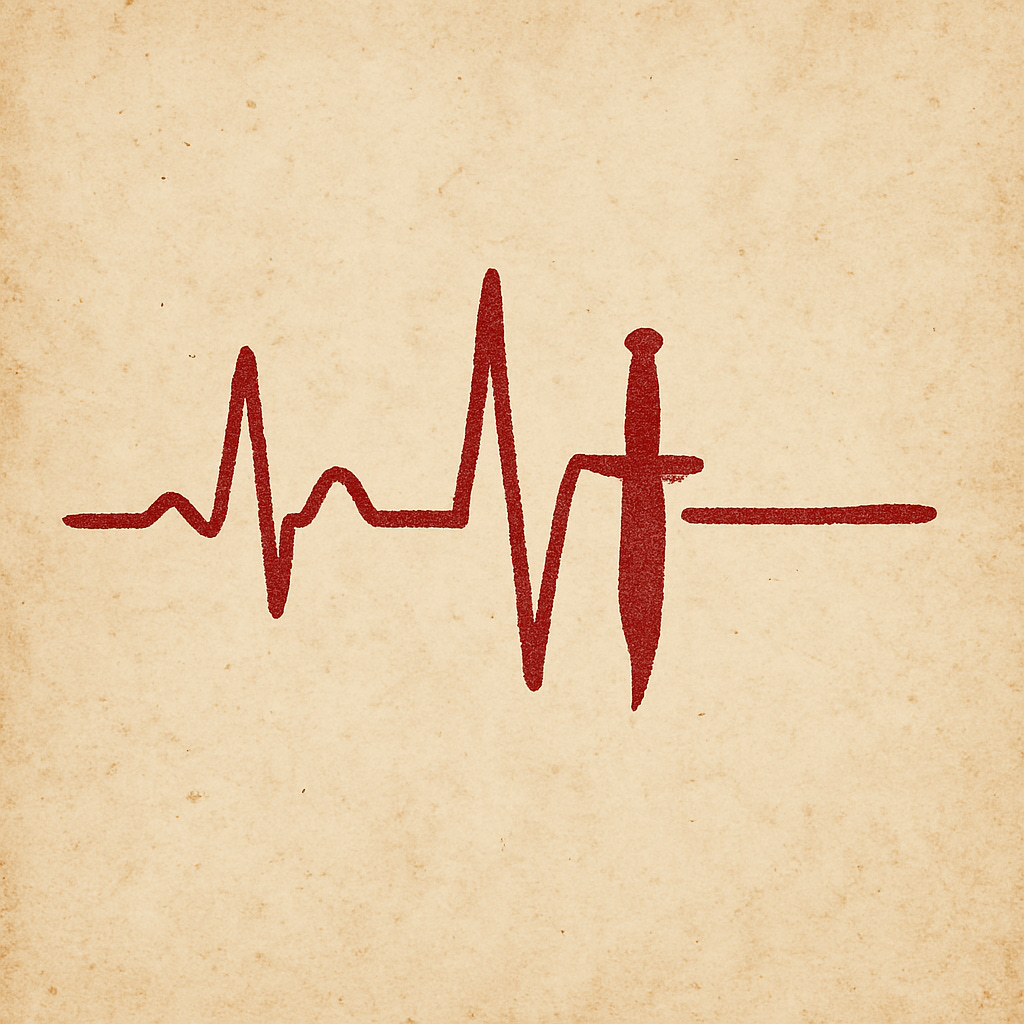Pulse Check: Minaa B and Tamsen Fadal on Adult Friendships
Award-winning journalist Tamsen Fadal sits down with mental health educator Minaa B
Hump day is a great time to reflect on something that’s so human to struggle with: Adult friendships.
Hello, hunters—
If you’re reading this, you’ve made it to the middle of the week.
It’s a good time to pause, reflect, and take in something that might shift your lens just a little.
Pulse Check is a segment that brings you fresh culture—a newly released podcast, a timely interview, or commentary on a trending conversation. These check-ins keep us plugged into what matters, while offering a critical entry point to engage with intention and clarity.
For this Pulse Check, I’m highlighting a recent interview with mental health educator and author Minaa B. by Emmy Award-winning journalist Tamsen Fadal, in which they discuss the dynamics of adult friendship.
Friendship and community become even more critical to our well-being as we age and, paradoxically, even harder to navigate.
For women, these relationships are essential to long-term health and stability.
While we’re often taught to center romantic relationships as our primary support system, research tells a different story: Women tend to live longer, are more likely to be left by male partners in the event of serious illness, and often carry more of the emotional labor in partnerships overall.
So what sustains us, really? What holds us when romantic relationships fall short or never arrive at all?
The truth is, many of us never learned how to maintain deep friendships across seasons of change. We weren’t taught how to invest in them with the same energy we pour into romance, or how to value them as relationships worth building skills around.
Friendship and community become even more critical to our well-being as we age and, paradoxically, even harder to navigate.
This interview is a valuable resource for anyone navigating the shifting terrain of adult relationships. It offers insights that are relevant not only to friendship but to the broader ways we show up for each other in community.
It was affirming to be reminded that struggling in this area is deeply human—and, honestly, might even be a green flag. The struggle itself often signals that we value these relationships enough to do the uncomfortable internal work they require.
Here’s a brief overview of some of the most helpful points and reflections covered in the conversation:
The different domains of support and kinship
Why friendships feel more complicated in midlife
Boundaries versus requests— and how to tell the difference
The importance of third spaces we return to for friendship development
The grief (and necessity) of friendship breakups
The power of intergenerational friendships
It was affirming to be reminded that struggling in this area is deeply human—and, honestly, might even be a green flag.
And that’s just the start.
This was a thoughtful conversation and a genuinely helpful resource for anyone navigating friendship shifts or simply seeking language and tools to explore these dynamics more deeply.
I’d love to hear your thoughts!
How has your experience with friendship changed over time?
Where are you struggling?
Where are you growing?
Until next time, hunters! To friendship.
Killer Instinct is a cultural dispatch on Black diasporic life and sharp media critique. I host a live Internet radio show called Killer Frequency every Friday at 1pm AST—join me. Support, subscribe, and stay sharp 🗡.


